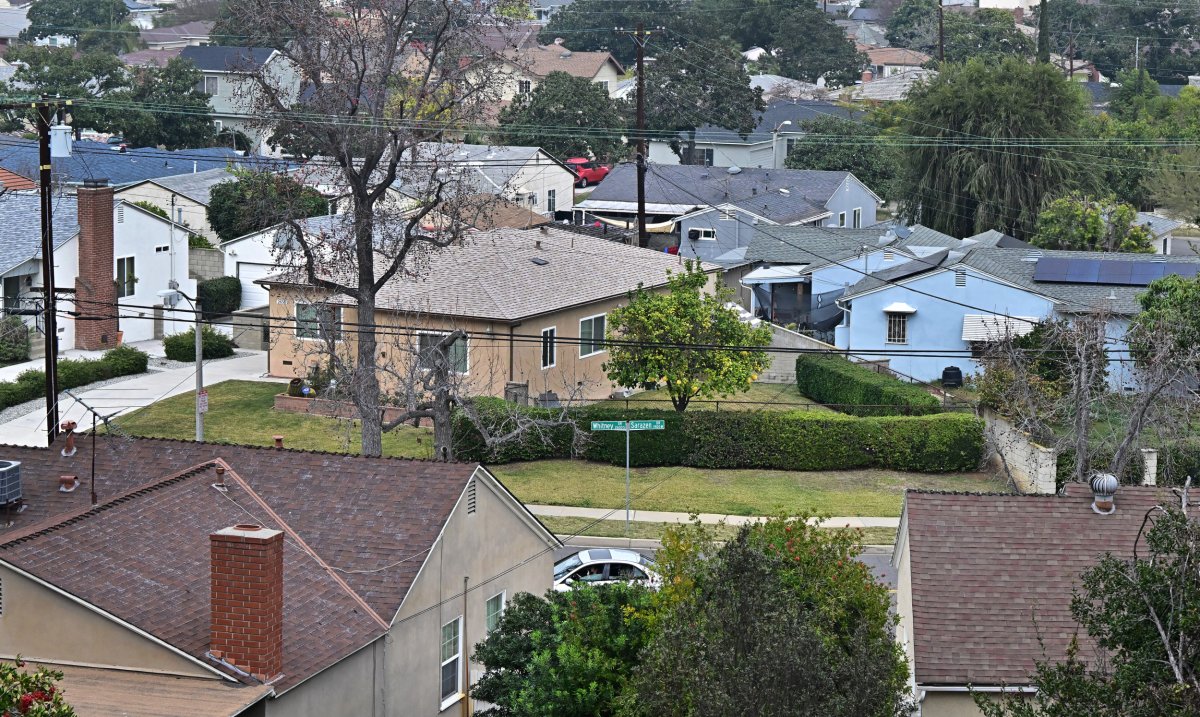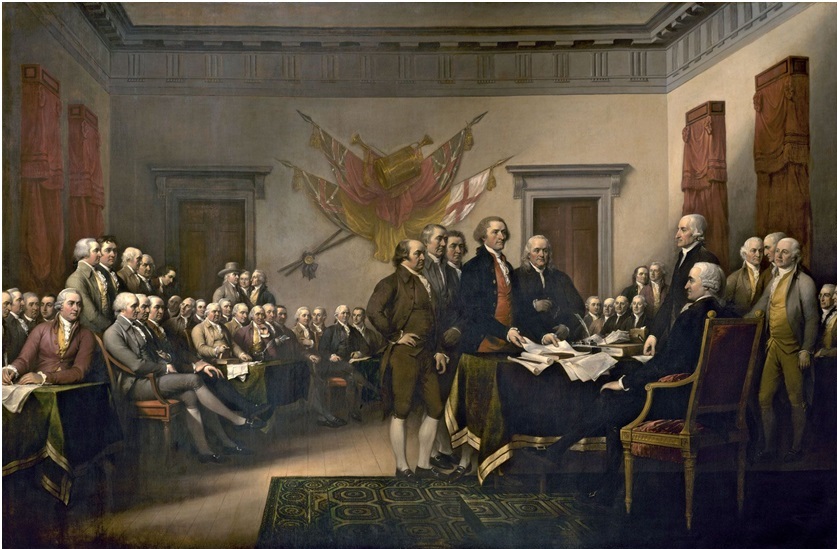Unveiling the Impact: Nebraska’s New Property Tax Proposal and Potential Plunge in House Prices
The Cornhusker State of Nebraska finds itself at the forefront of a potential paradigm shift in its real estate landscape. Senator Eliot Bostar‘s recent introduction of LB1183, a bill aimed at alleviating the property tax burden on homeowners, has stirred both anticipation and concerns. This article explores the intricacies of this proposed legislation and delves into the potential consequences it might unleash on Nebraska’s housing market.
The Bill’s Mechanics
At the heart of LB1183 lies a novel approach to property valuation and taxation. The bill posits that a local county’s assessed property valuation should be regarded as a bona fide offer to purchase the property for the stated amount if the homeowner decides to sell. This unique approach intends to introduce market-derived accountability into the current property tax system, setting the stage for a more transparent and responsive framework.
Downward Pressure on Property Valuations
Senator Bostar asserts that LB1183 will exert downward pressure on property valuations and, consequently, property taxes. By holding entities creating valuations accountable to the assigned value, the bill aims to prevent overvaluations that drive property tax increases. Bostar emphasizes the need to align valuations with market values, injecting transparency into what is currently perceived as an opaque and bureaucratic system.
Perspectives on the Bill
While some experts laud LB1183 as a substantial tool for taxpayers to wield against financial authorities, others express reservations about its potential ramifications. Real estate law expert Frank Ferruggia views the bill as a substantial hammer that taxpayers could yield in their dealings with financial authorities. However, concerns loom large as legal experts, including Assaf Harpaz and Andrew Hayashi, outline potential challenges related to property valuations and the prospect of government overpayment.

Impact on Taxpayers
Hayashi raises a crucial concern about the bill potentially exacerbating assessment errors. In a scenario where a property is over-assessed, the government would have to overpay for the property, potentially burdening local counties and taxpayers. This dynamic introduces a delicate balance between offering relief to homeowners and safeguarding the financial stability of local municipalities.
The Homeowner-Government Dynamics
Hayashi’s argument revolves around the homeowner’s advantage in having better knowledge about their homes than the government. In the event of under-assessment, homeowners stand to benefit, placing a financial burden on the government and, consequently, on other taxpayers. This intricate dance between homeowner and government dynamics adds complexity to the potential outcomes of LB1183.
Municipal Tax Bill Adjustment
Professor Todd Sinai offers insight into the potential impact on municipal tax bills. While the bill may lower property taxes for homeowners with over-assessed properties, the overall municipal tax bill would stay the same, albeit readjusted. This nuanced perspective underscores the interconnectedness of individual property tax burdens and the broader municipal financial landscape.
National Property Tax Trends
Zooming out from Nebraska, a broader perspective on national property tax trends reveals a significant increase. Home prices nearly doubled between 2011 and 2021, while state and local property tax revenue increased by 46 percent during that time, according to Andrew Hayashi. Nebraska’s proposed bill seeks to address the growing property tax burden faced by residents within this nationwide context.
Nebraska’s Current Property Tax Landscape
Nebraska currently grapples with one of the top 10 heaviest property tax burdens in the country, according to website SmartAsset. The average property tax rate stands at 1.61 percent, rising to 2 percent in some of the largest counties. Understanding the current property tax landscape provides crucial context for evaluating the potential impact of LB1183.
Average Home Values in Nebraska
As of December 31, the state’s average home value is $245,663, marking a 4.6 percent increase compared to the previous year. This snapshot of Nebraska’s real estate market sets the stage for understanding the potential consequences of LB1183 on homeowners and the housing market.
Potential Impact on House Prices
The proposed changes in property tax dynamics could have a cascading effect on house prices in Nebraska. Striking a balance between relieving homeowners and maintaining municipal revenues becomes a delicate task for policymakers. The potential shift in house prices introduces a layer of uncertainty that homeowners, real estate professionals, and policymakers must navigate carefully.
Expert Opinions on the Bill’s Viability
Despite the bill’s potential benefits for homeowners, experts emphasize the need for careful consideration of its implications. Striking a balance between property tax relief and maintaining essential public services emerges as a key challenge. As LB1183 undergoes scrutiny, expert opinions will play a crucial role in shaping the trajectory of Nebraska’s property tax policies.
Nationwide Property Tax and Home Price Trends
Analyzing the correlation between property tax burdens and home prices on a national scale underscores the broader economic context that Nebraska’s proposed bill operates within. Understanding these nationwide trends provides a lens through which policymakers can evaluate the potential impact of LB1183 on Nebraska’s housing market.
As Nebraska stands at the crossroads of reforming its property tax policies, the potential consequences on house prices and the overall real estate landscape loom large. Striking a balance between providing relief to homeowners and maintaining the financial stability of local municipalities is a complex task. LB1183 represents a significant step towards reshaping the property tax framework, but careful consideration and continuous evaluation will be essential to navigate the intricate challenges that lie ahead.
FAQs
Q1: How will the proposed bill affect property tax rates in Nebraska? A1: The bill aims to lower property taxes for homeowners with over-assessed properties, potentially readjusting the overall municipal tax bill.
Q2: Are there concerns about the accuracy of property assessments under the new proposal? A2: Legal experts express concerns about assessment errors becoming a more significant problem under the proposed bill.
Q3: Could the bill lead to a decrease in home prices in Nebraska? A3: The proposed changes in property tax dynamics could potentially have a cascading effect on house prices in Nebraska.
Q4: How does Nebraska’s property tax burden compare nationally? A4: Nebraska currently faces one of the top 10 heaviest property tax burdens in the country.
Q5: What is the average home value in Nebraska as of December 31? A5: As of December 31, the average home value in Nebraska is $245,663, showing a 4.6 percent increase compared to the previous year.




